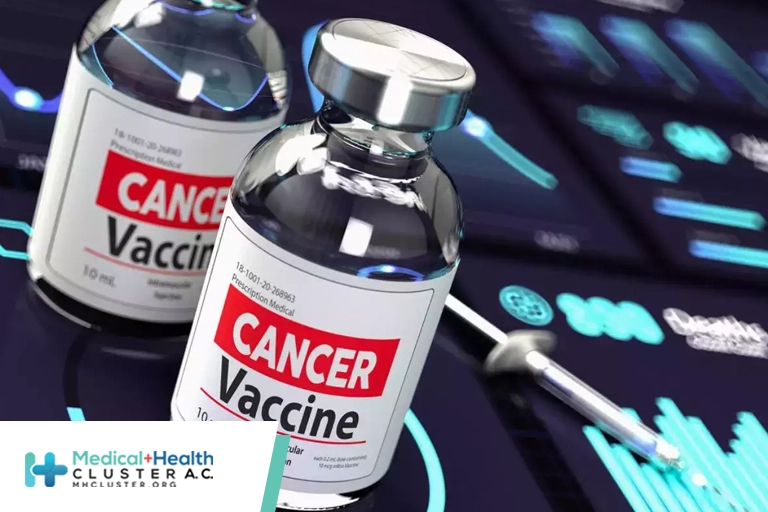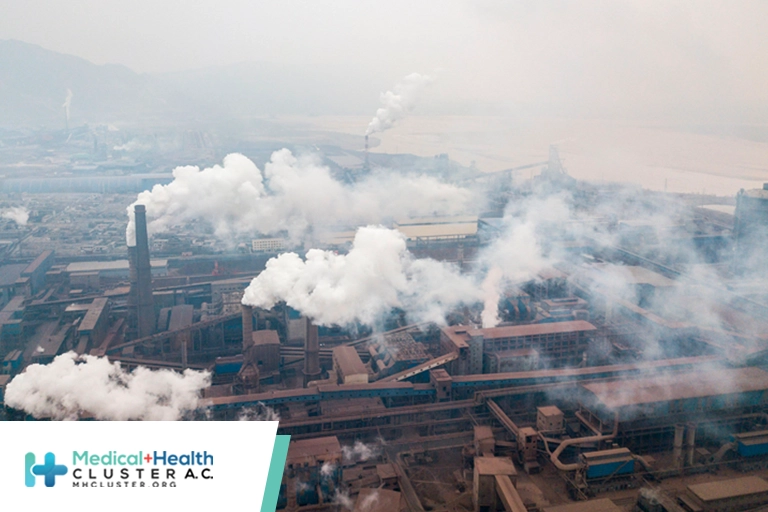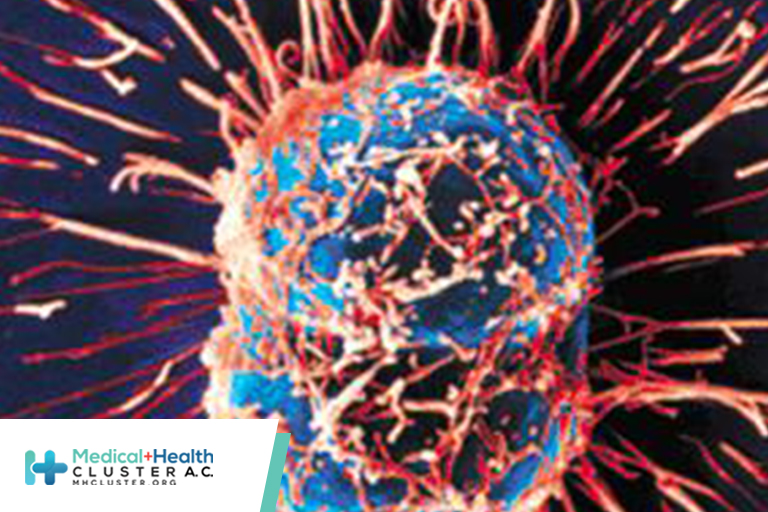Ofrecer un análisis de sangre a las personas que han rechazado tanto una colonoscopia como una prueba inmunoquímica fecal aumentó el cribado para el cáncer colorrectal en 7,5% sin disminuir el uso de las opciones preferidas de primera línea, según una investigación publicada en Clinical Gastroenterology and Hepatology.[1] Sin embargo, la cantidad de personas en el […]
Read More
Lo más relevante La OMS desaconseja los edulcorantes para controlar el peso y prevenir enfermedades La Organización Mundial de la Salud (OMS) publicó una nueva guía en la que desaconseja el uso de edulcorantes no azucarados (como aspartame, sacarina, stevia o sucralosa) para controlar el peso corporal o reducir el riesgo […]
Read More
Vaccines for the world’s most deadly diseases, like cancer and heart disease, will likely be ready by 2030 and could save millions of lives, according to the top doctor at one the world’s leading drug companies. The announcement is yet another sign of what many are calling “the golden age” […]
Read More
Particulate matter in the environment measuring less than 2.5 μm promotes lung cancer by spurring the growth of lung cells with preexisting oncogenic variants, according to an analysis of epidemiological evidence combined with results from mouse and human cell models. After linking levels of small particulate matter with 32 957 cases […]
Read More
La interrelación entre factores socioculturales, limitantes en el tratamiento y características biológicas intrínsecas de la leucemia linfoblástica aguda explicarían el pronóstico y brecha de sobrevida en niños mexicanos e hispanodescendientes, según investigadores mexicanos. “Para ilustrar la gran diferencia de incidencia de leucemia linfoblástica aguda en México con respecto al resto […]
Read More
Nearly half of cancer deaths around the world are linked to preventable risk factors, which are largely behavioral, concludes a first-of-its-kind global report. It found that the highest contributors are smoking, alcohol, and high body mass index (BMI), but it is the latter that is rather concerning. The highest increases […]
Read More
Smoking, alcohol use, and a high body mass index (BMI) are the biggest contributors. In total, risk factors are responsible for nearly 4.45m cancer deaths a year, according to the findings published in the Lancet that used the Global Burden of Diseases, Injuries, and Risk Factors (GBD) 2019 study. That […]
Read More
A pair of new studies offers more evidence for the value of vegetables and the risk of red meat on the cancer prevention front. Researchers report that high consumption of vegetables – especially lettuce, legumes, and cruciferous varieties – appears to lower the risk of liver cancer/liver disease. A separate team suggests […]
Read More
The study covered in this summary was published on medRxiv.org as a preprint and has not yet been peer reviewed. Key Takeaway Cancer patients exposed to SARS-CoV-2 infection experience persistent increases in cytokines, chemokines and (angiogenic) growth factors (CCGs) over and above those seen in unexposed patients, indicates a Belgian analysis of […]
Read More









